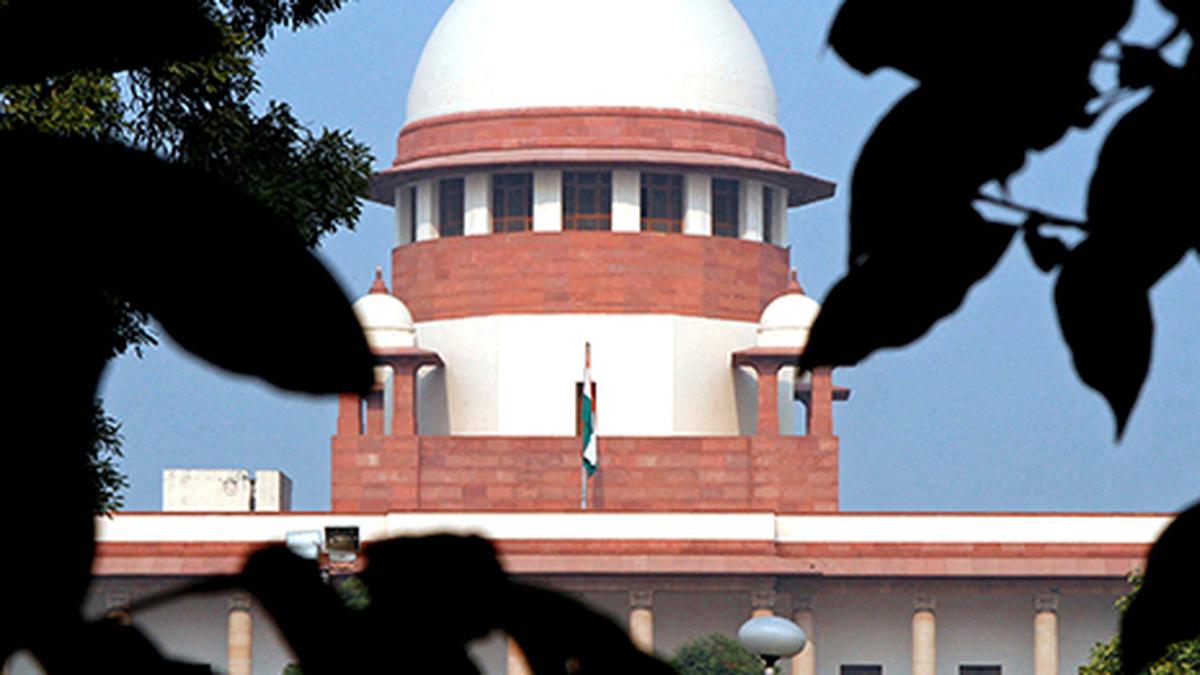The judgment laid down a few indicative parameters to guide constitutional courts while examining the proportionality of the actions taken by the House against MPs, MLCs or MLAs, as the case may be, in the future
| Photo Credit: Reuters
The Supreme Court on Tuesday (February 25, 2025) held that the constitutional court must maintain a “delicate balance” while scrutinising the proportionality of actions taken by the Parliament or State Legislatures against their members.
A judgment by a Bench headed by Justice Surya Kant said courts should reflect a certain degree of deference to the legislative will and wisdom, intervening only when the action prescribed was so disproportionate that it shocked the intrinsic sense of justice.
The verdict was based on a petition filed by expelled Bihar Legislative Council Member and RJD leader Sunil Kumar Singh challenging his ouster for his remarks against Chief Minister Nitish Kumar. The court found his expulsion highly disproportionate, ordering his immediate reinstatement.
Justice Kant said the intention of the House behind a punishment imposed on its members must be to enforce discipline and not undermine democratic participation.
The judgment laid down a few indicative parameters to guide constitutional courts while examining the proportionality of the actions taken by the House against MPs, MLCs or MLAs, as the case may be, in the future.
Justice Kant said courts must look into whether the punishment was proportional to the degree of obstruction caused by the member in the proceedings of the House.
Secondly, whether the behaviour of the member had brought disrepute to the dignity of the entire House.
The court must consider the previous or subsequent conduct, including remorse or cooperation with the institutional scrutiny mechanism, of the erring member(s).
Courts examining such case must also examine whether there were any lesser restrictive measures to discipline the delinquent member.
Other parameters include whether the crude expressions uttered were deliberate and motivated or a mere outcome of language largely influenced by the local dialect; whether the measure adopted was suitable for furthering the desired purpose.
Justice Kant said the constitutional courts should see if the punishment was detrimental to the interest of society, particularly the electorates.
Published – February 25, 2025 10:49 pm IST
